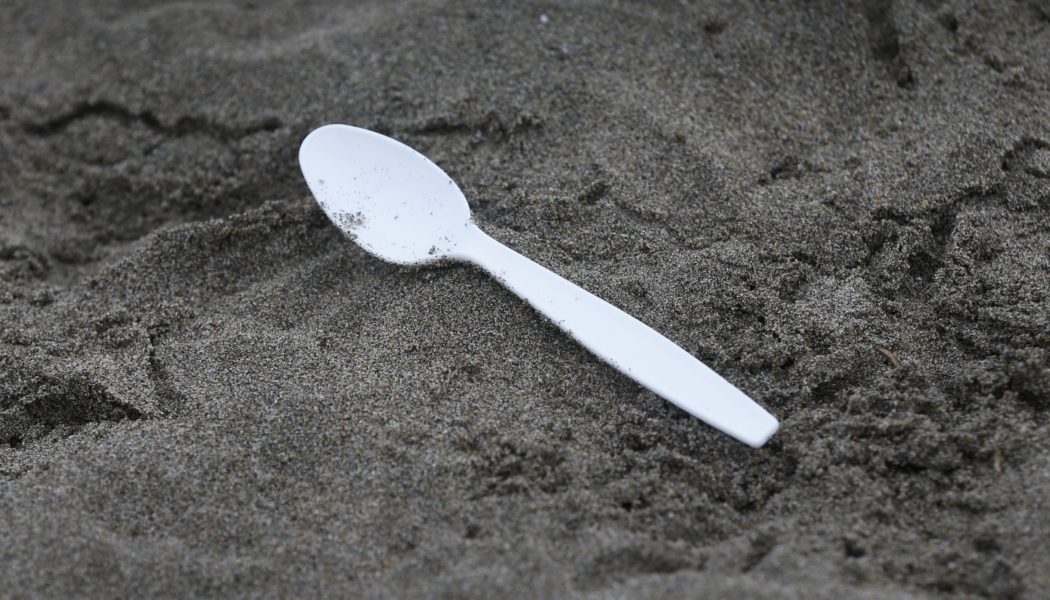Starting in October 2023, people will no longer be able to buy plastic cutlery, plates, bowls, trays, balloon sticks, and other items.
:format(webp)/cdn.vox-cdn.com/uploads/chorus_asset/file/24361488/1408754732.jpg)
England’s taking its single-use plastics ban even further by restricting the sale of plastic cutlery, plates, bowls, trays, balloon sticks, as well as certain kinds of polystyrene cups and food containers (via Engadget). According to an announcement on the English government’s website, the new ban will go into effect in October of this year.
Once the ban comes into force, people will no longer be able to buy or obtain these single-use plastics from businesses, including retailers, restaurants, food vendors, and other locations.
The ban won’t affect the plastic plates, trays, or bowls that come with pre-packaged food items, though, as they’re already included in the country’s Extended Producer Responsibility Scheme. This initiative incentivizes companies to use recyclable packaging, as well as “meet higher recycling targets.”
The upcoming ban expands on the country’s existing rules surrounding plastic products. In 2018, England introduced a ban on microbeads, the tiny pieces of plastic added to personal care products that can get into waterways and harm marine life. It later restricted the availability of single-use plastic straws, drink stirrers, and cotton swaps in 2020, and introduced a tax on imported plastic packaging that doesn’t include at least 30 percent recycled material last year. The country also charges for the use of plastic bags.
“By introducing a ban later this year we are doubling down on our commitment to eliminate all avoidable plastic waste,” Rebecca Pow, England’s environment minister, says in a statement. England’s ban follows Scotland and Wales’ move to restrict the sale of plastic cutlery and plates last year, and comes after the European Union did the same in 2021.
However, some critics argue that it still isn’t enough to tackle rampant plastic pollution that’s wreaking havoc on the planet. As journalist and former Guardian environment editor, John Vidal, points out, England’s ban “is too narrow in its scope,” as it doesn’t “cover single-use plastic water bottles, makes no mention of plastic bags and does not even try to control the burning of plastic waste in incinerators.” Meanwhile, Meg Randles, a political campaigner at Greenpeace UK, welcomes the change, but says the move is “long overdue” and “still a drop in the ocean compared to the action that’s needed to stem the plastic tide.”
In addition to an extended ban on single-use plastics, the country’s also “carefully considering” restrictions on wet wipes, tobacco filters, and sachets. It may also require companies to add labeling to plastic products to inform customers how to properly dispose of them, and is working towards developing a bottle return program.







